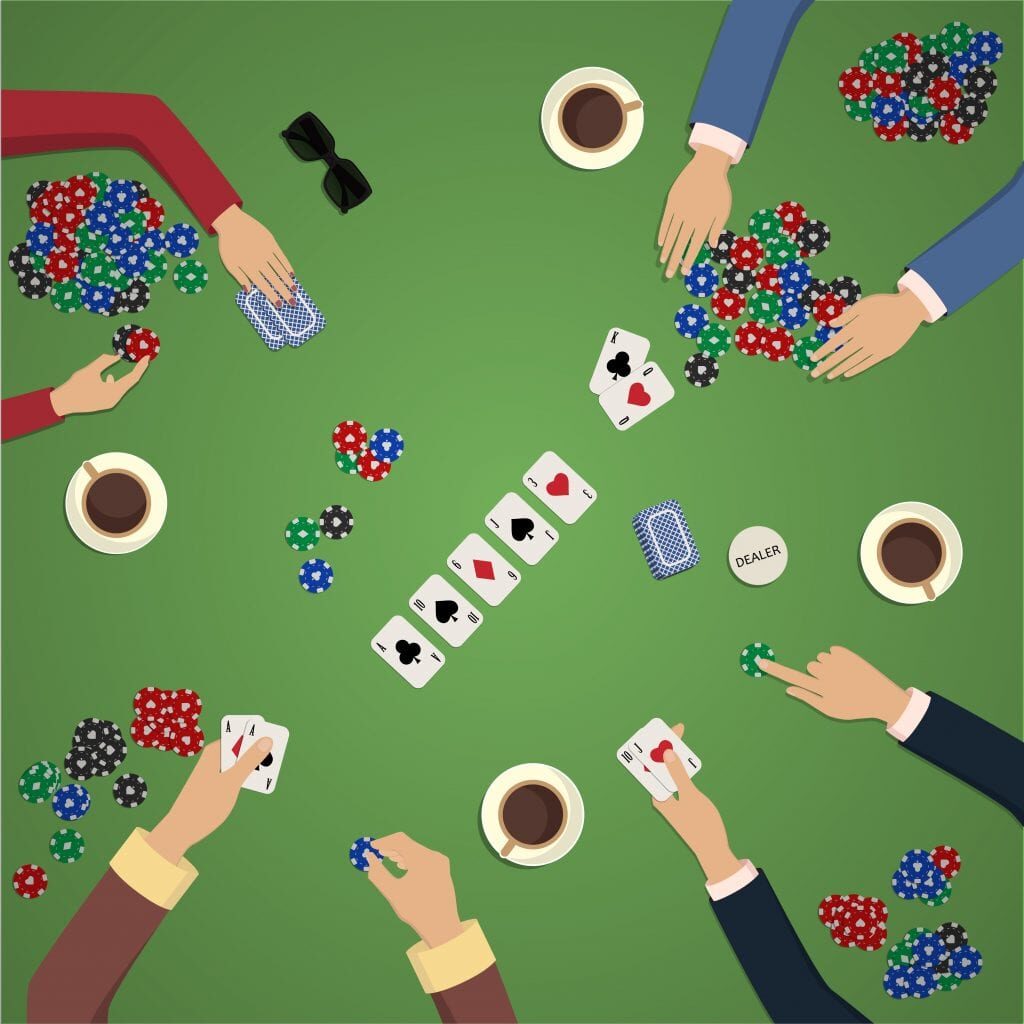Insights < BACK TO ALL INSIGHTS
Captain Obvious Makes Landmark Ruling: Texas Hold ‘Em Is Poker
Captain Obvious Makes Landmark Ruling: Texas Hold ‘Em Is Poker
By: Nicole Kardell
Texas Hold ‘Em is poker. This probably doesn’t come as a surprise to most, but the pronouncement was a serious disappointment to an Idaho casino. The Ninth Circuit U.S. Court of Appeals ruled this week that the Coeur d’Alene Tribe’s Idaho-based casino could not lawfully offer Texas Hold ‘Em on its site as the game was in fact poker, and poker is specifically prohibited by Idaho’s constitution.
In March 2014, Idaho officials learned of the tribe’s preparations to offer Hold ‘Em at the casino. The tribe apparently felt it important to bring in the card game in order to compete with Washington-based casinos and card rooms that are permitted to offer poker in their state. A lawsuit brought by the state ensued.
The tribe attempted to overcome Idaho’s poker prohibition by arguing that Hold ‘Em was a game of skill, that games of skill were exempted under the state constitution, and therefore that the Hold ‘Em was permissible under relevant law. Such an argument might have passed muster were it not for the Idaho constitution’s explicit reference to poker as a form of gambling not permitted in the state. As it stood, the Ninth Circuit found the Coeur d’Alene Tribe’s argument unpersuasive:
Though skill undoubtedly plays a role in Hold ‘Em, the game does not qualify for the statutory exemption … A contrary reading would impermissibly place the statute in conflict with the constitution’s prohibition on poker… [it] would also force the specific prohibition on poker to yield to a general exception for “contests of skill.”
As a game explicitly prohibited by Idaho law, the only way the casino could legally offer it – under the federal Indian Gaming Regulatory Act – would be through the negotiated compact between the tribe and the state. But, according to the Ninth Circuit decision, the current compact between the two does not authorize the game, or anything remotely similar. The compact only permits lottery, pari-mutuel betting, and other games that “may hereafter be authorized to be conducted in the State.” A declaratory judgment following the compact held that no other gaming was permitted in Idaho. There seems to be little room for the tribe’s argument.
The case for Idaho-based Hold ‘Em isn’t looking too good. The Ninth Circuit’s decision upheld a lower court ruling (1) enjoining the tribe from offering Hold ‘Em at its casino and (2) denying the tribe’s motion to dismiss the state’s case. At this point, the tribe could request a re-hearing or appeal to the Supreme Court, but the case doesn’t present a compelling basis for either alternative: there’s not too much grey area for a new panel or the higher court to flesh out. And otherwise, the case goes back to the lower court where a permanent injunction is likely. For now, we can be somewhat contented to see a decent pronouncement about Hold ‘Em’s attributes of skill.





